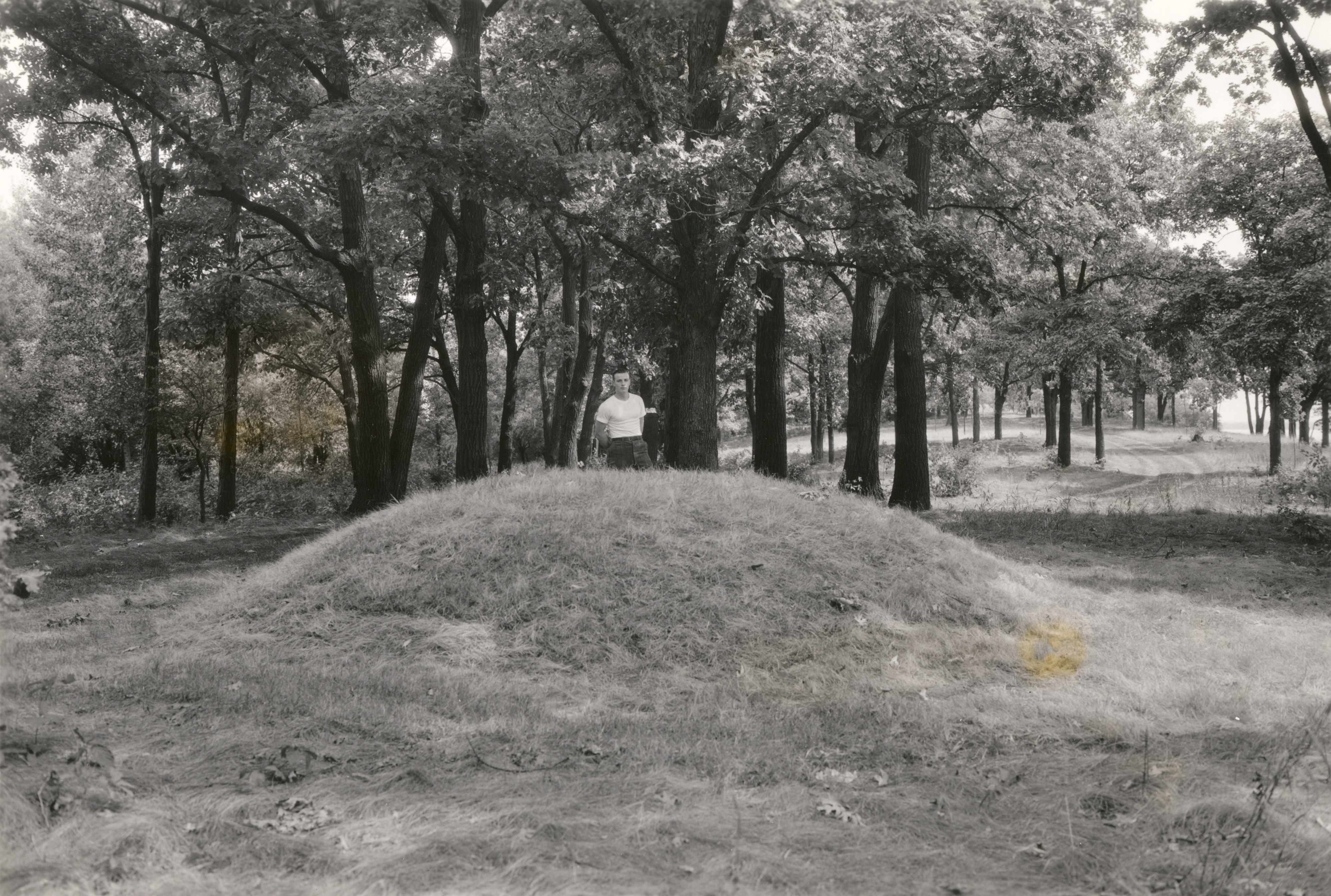
The following experimental digital documentary poem is composed of citations of William Ellery Leonard's new verse translation of the Old English poem Beowulf (1923), Leonard's personal experience narrative of taking part in archaeological fieldwork with Charles E. Brown at an Indigenous Ho-Chunk mound group on the shore of Lake Mendota, in an unpublished manuscript of an autobiographical case study located in the University of Wisconsin—Madison Archives (1920), and "Governors Island," a Ho-Chunk narrative of Lake Mendota by a storyteller once known, collected by Brown in Lake Mendota Indian Legends (1927).
When this MOUND web page is loaded and/or reloaded, server-side code selects and loads a random collection of lines from a relational database of citations:
And the sea up-cast me, flood-tide and swell.
With a close friend down to the lower end of the big lake.
To become very rough and at such times they overturn the.
Roused was the wrath of mere-fish; but there against the foe.
Not so much so (in my normal state). I ran down to where.
The local r**men. When they are angry they cause the waters.
But upon the morrow, wounded by the glaive.
Not so much so (in my normal state). I ran down to where.
(With a long curved tail) on the State Hospital lawn is said.
A jarl who is no fey man, if he be but brave.
The shore, and I was alone with the vast sky, the silence.
Located there are probably effigies of Thunderbirds.
On the land of Finn-men. Never about thee.
With a close friend down to the lower end of the big lake.
Out on the bank. They are regarded as "bad" spirits and.
